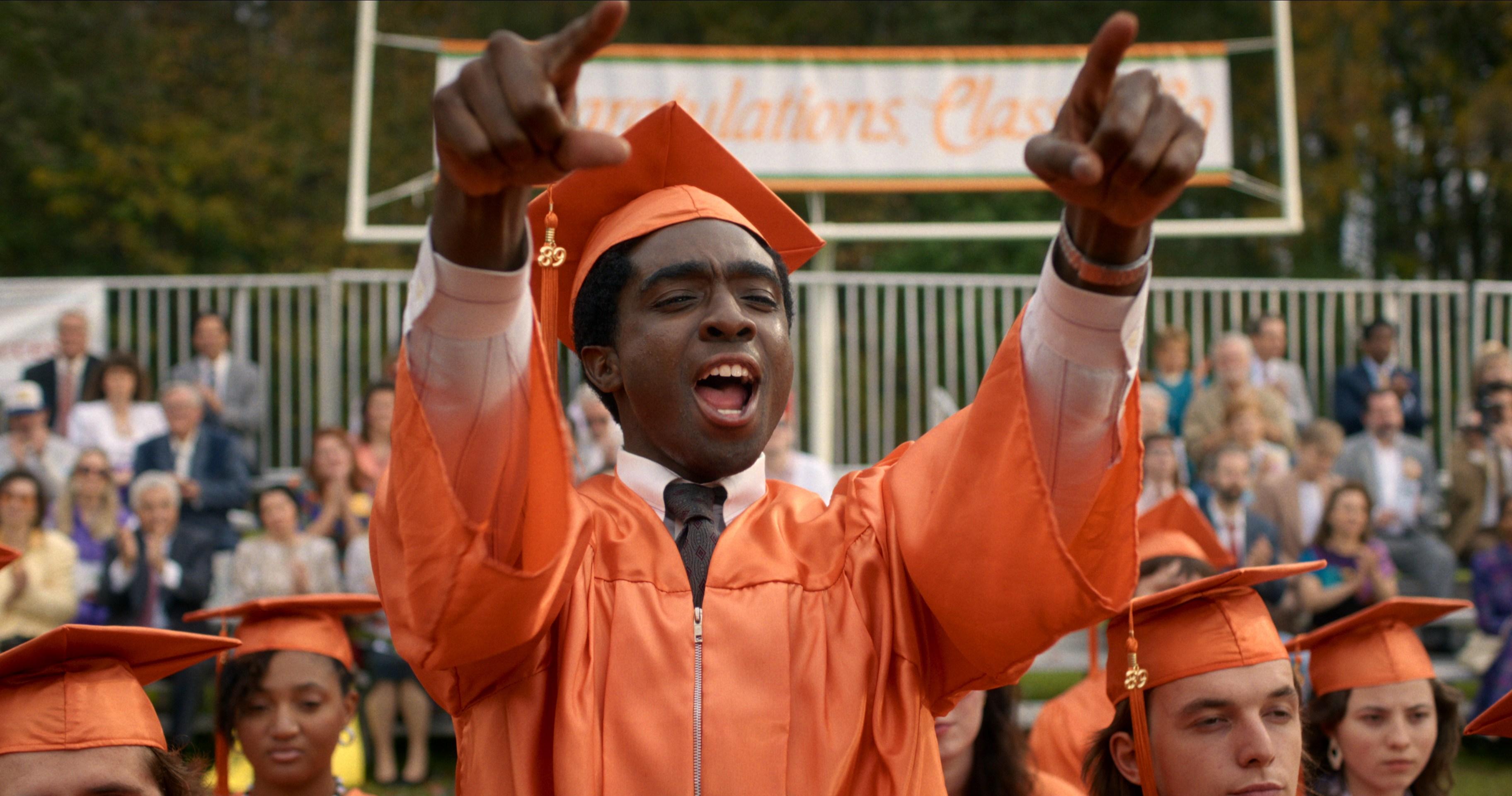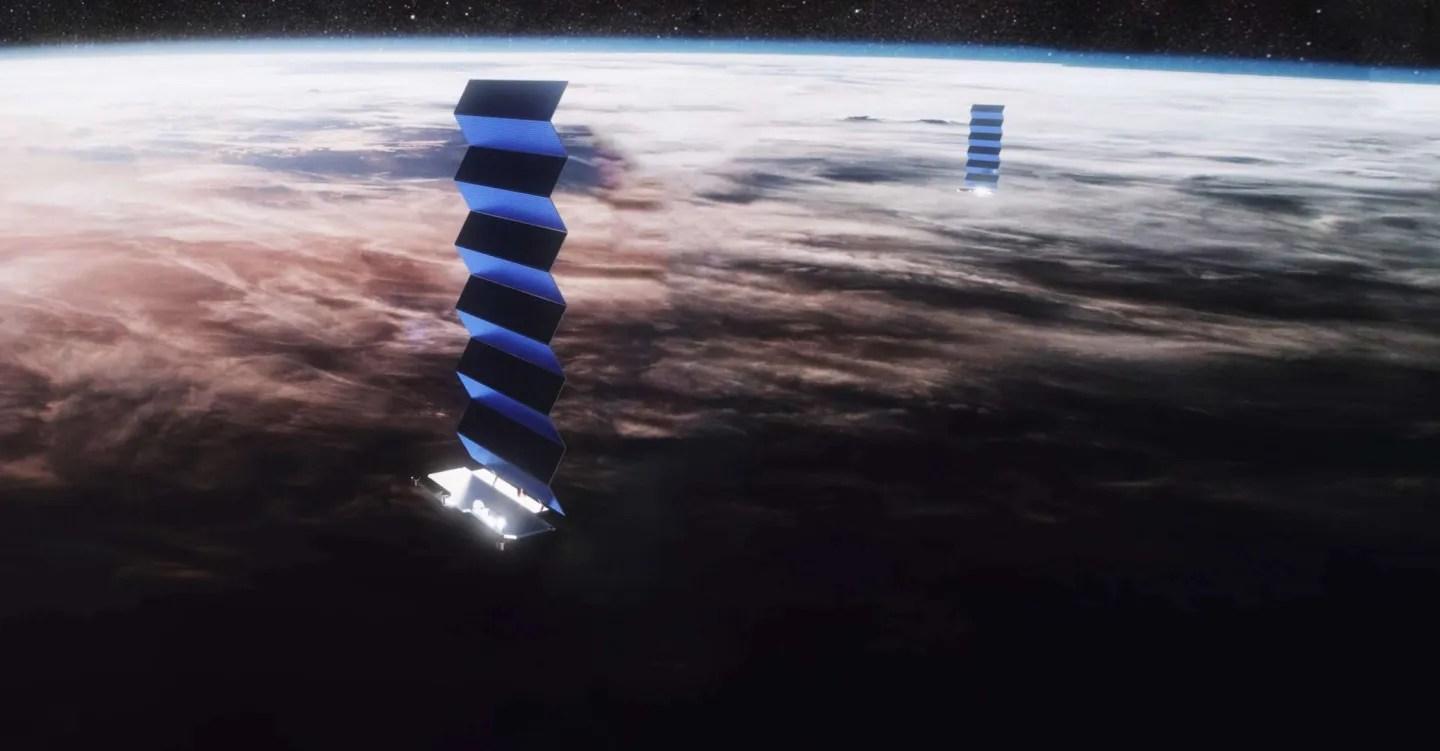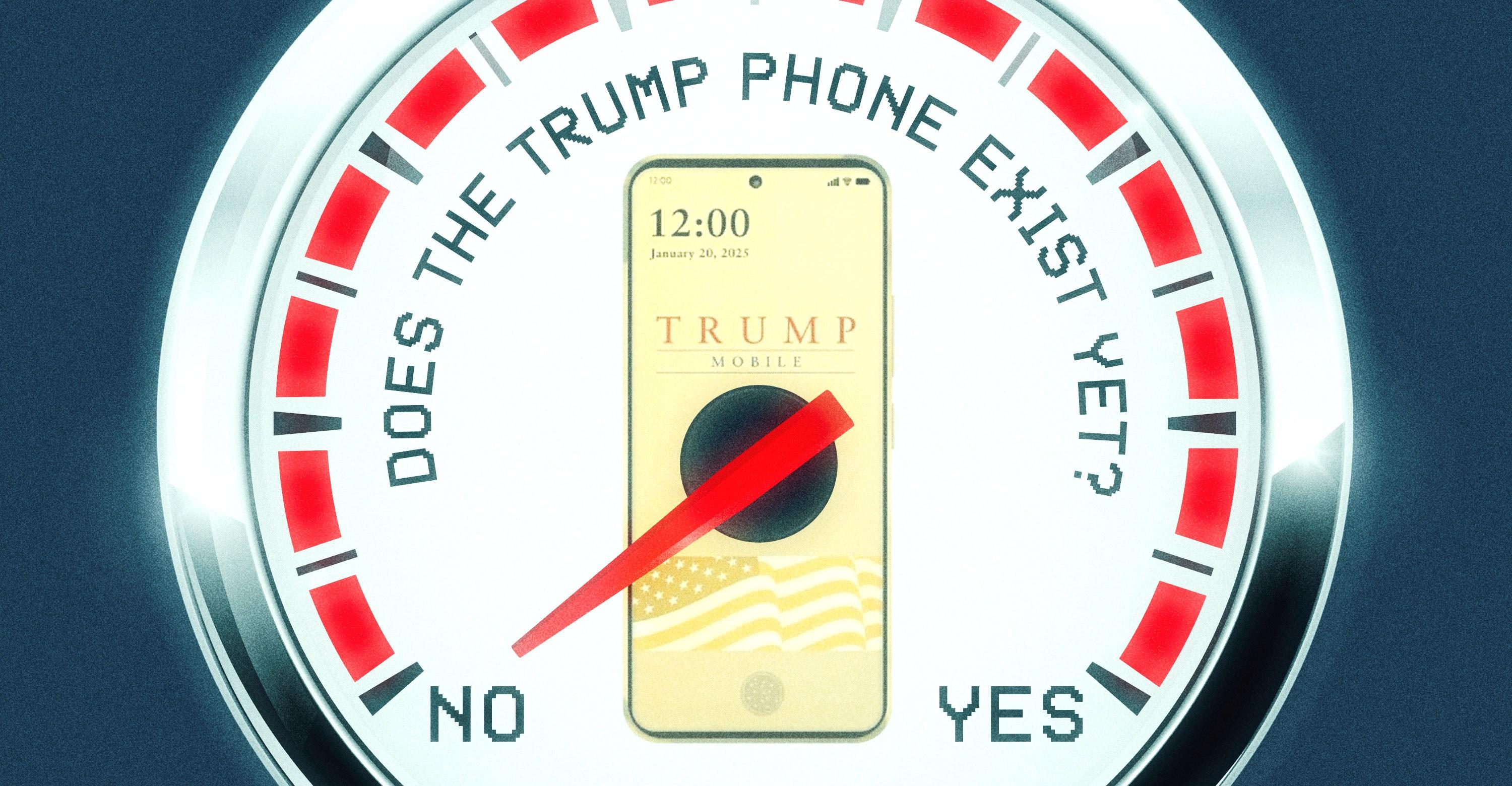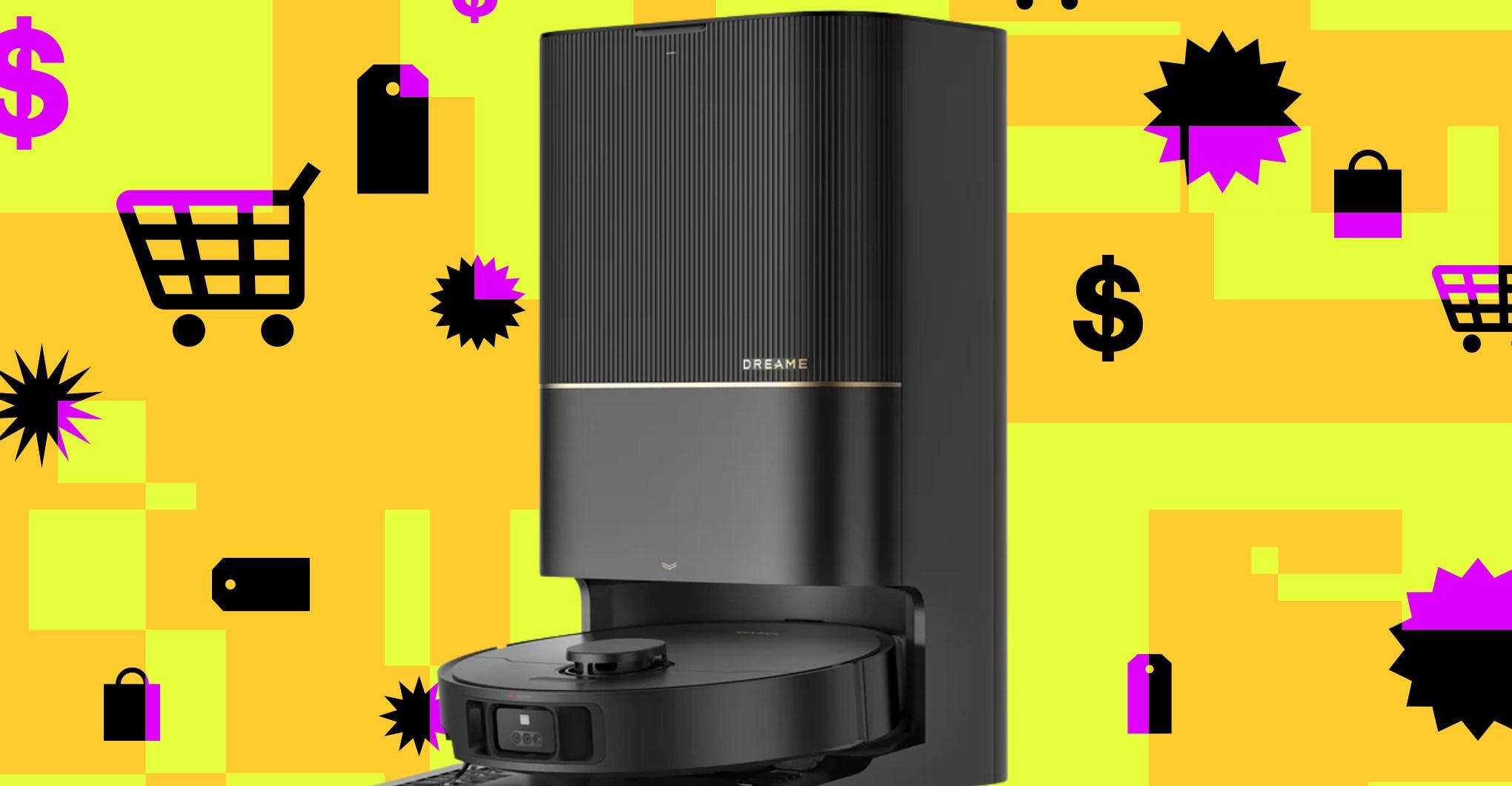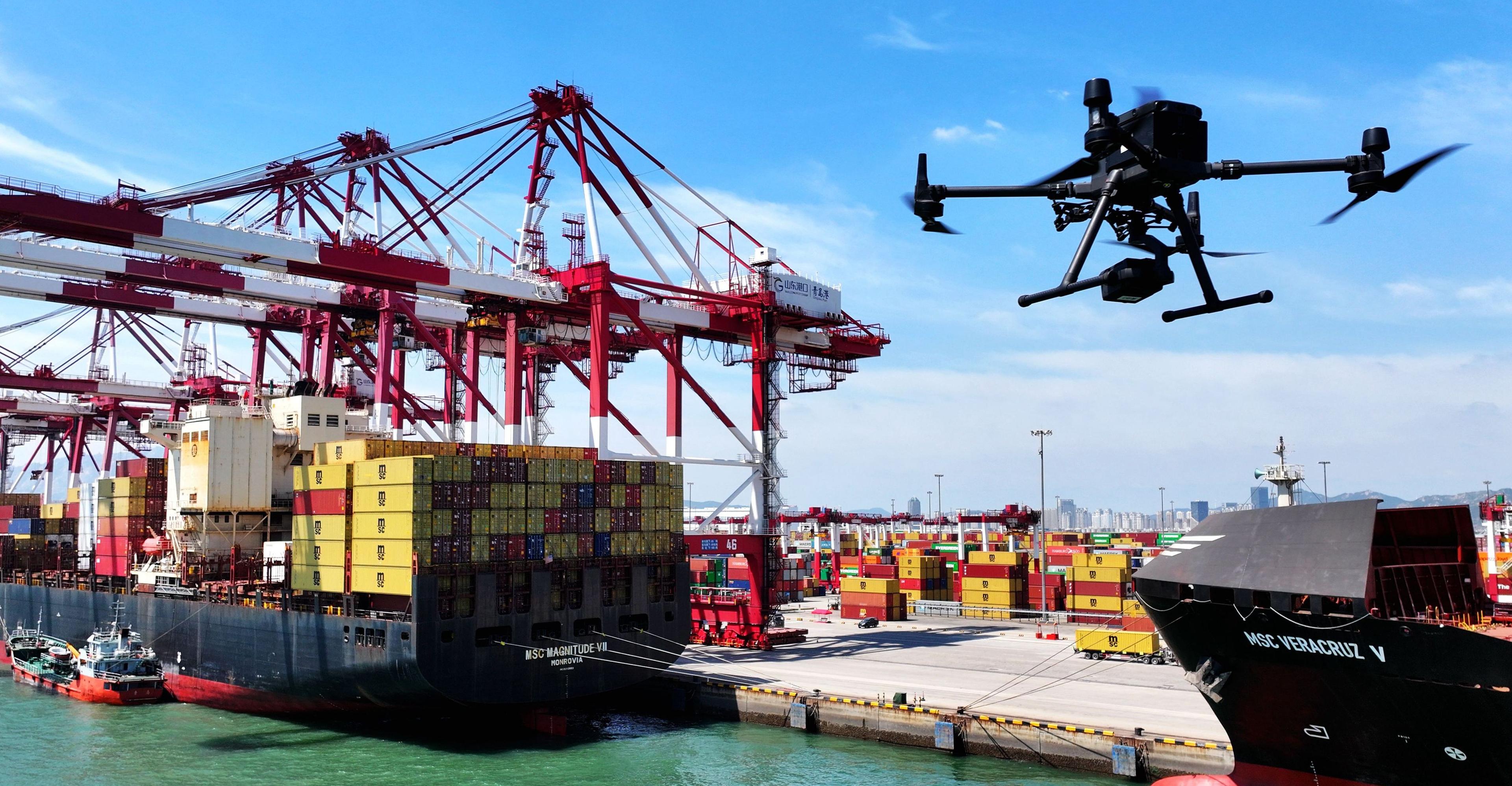The future for physical video games looks bleak. Major console hardware makers seem to be inching toward removing ways to play discs at all: leaked Microsoft documents revealed a potential disc-less Xbox Series X (though the company says it isn’t completely giving up on the format), while the “slim” PS5 has a detachable disc drive that requires an internet connection to pair with a new console. You can get most games digitally nowadays, but there are plentiful stories about people losing access to games they’ve purchased when digital storefronts shut down or because of licensing issues or unexplained bans.
- Home
- Technology
- News
Limited Run gives digital games a physical legacy
Even though the future for physical video games looks bleak, Josh Fairhurst, the CEO of physical game maker Limited Run Games, thinks that people will still care about physical media.


Because of the many issues with digital ownership, Josh Fairhurst, the CEO of physical game maker Limited Run Games, thinks that people will still care about physical media. “The minute they start to see things like games getting delisted or access being revoked to things that they purchased, I think they’re going to start saying, ‘I wish I’d never stopped buying physical,’” he says in an interview with The Verge. “I think that’s going to catalyze people towards finding a way to have that physicality again.”
That’s part of why he started Limited Run, which works with game makers to release physical copies of their titles. It all started when he and the team at Mighty Rabbit Studios worked to make a physical version of the Vita title Breach & Clear in 2015. “I don’t think that you’re ever going to get to a position where 100 percent of people are okay with not owning anything they buy. I just don’t think that there’s a reality where everyone’s okay with that.”
Since releasing Breach & Clear, Limited Run has worked on a huge number of well-known games. It’s in the process of producing physical versions of Persona 4 Golden and the Castlevania Advance Collection, just to name a couple of recent examples. And it’s made games for modern platforms like the Nintendo Switch and PS5 as well as games for retro platforms like the Game Boy and the Sega Genesis.
The thing is, Limited Run has to find a way to convince publishers to get on board first, which is sometimes a hard argument when digital sales can be more profitable. “You sell a copy of your game at retail, you make like $4 or $5,” Fairhurst says. If you sell the game on a digital platform, “you get the full value of that [sale] minus just the 30 percent that the platforms take on the digital side.”
It’s not just the economics; the logistics of digital sales can be easier, too. “You don’t have to deal with the supply chain, you don’t have to deal with all these markdowns, you don’t have to deal with the potential of manufacturing too many [copies],” Fairhurst says. And when you buy and download a game on a digital platform, you’re always getting the most up-to-date version, meaning it may have bug fixes and new content that weren’t in the game when it first launched.
That all means that if Limited Run wants to persuade a bigger publisher to offer a physical version of a game, “you really have to convince them that they’re going to make money on every physical copy sold,” according to Fairhurst. “So we have to be very aggressive in convincing them that this opportunity makes sense relative to the resources that they would have to involve to pull it off.”
To help make that case, Limited Run shoulders a lot of the production burden from its partners of actually making a physical product. “They don’t have to do the design, the manufacturing, distribution, any of that stuff,” Fairhurst says. The company’s pitch is that “we can take all of the headache off and we can make you just as much if not more per unit as you’re seeing on a single full price digital sale.”
That pitch is often enough to get conversations started. When Limited Run signs a game for a physical release, the company works with the developer to figure out exactly what they’re looking for and how to feasibly make it, Fairhurst says. Limited Run sells a variety of different versions of games. Some are standard boxed copies, but others are editions with additional goodies like collectible pins or awesome posters. The company has an in-house engineer to help Limited Run’s partners do the digital-to-disk conversion and created the Carbon Engine to help port older games to new platforms. And Limited Run works with vendors and manufacturing facilities to put together a final product.
“We have made our process as turnkey as possible.”
“We have made our process as turnkey as possible,” Fairhurst says. “What we wanted to do is create something that was a no-brainer for people where they could look at it and say, ‘Well, why wouldn’t I do that?’”
That said, the many steps involved in creating its more elaborate offerings mean that Limited Run has been criticized for taking a while to ship things. The company now sells on a preorder basis, meaning that preorders are open for a limited time, and then Limited Run will ship products to everyone who buys them. Prior to that, the company sold products as it had them in hand. Under that model, it could ship things right when they went on sale, but it also meant that if something sold out, people who missed the sale would be upset that they couldn’t get it.
He describes the new model as “healthier” but acknowledges that “because you can’t manufacture the things until you have those numbers, it means that there’s a wait in getting the product.” The company is committing to changes, saying in a March blog post that it’s getting help on things like making booklets. It’s also adding more vendors, manufacturers, and assemblers and even making a new standardized box to use with future collector’s editions. Ultimately, the goal for the company is that when something comes into the warehouse, it immediately goes out the door, Fairhurst says.
Limited Run’s business seems like it’s in a good place right now (though I should note that it’s owned by Embracer Group, and I’m a bit worried it could become yet another Embracer subsidiary to see changes — but that’s a separate issue). But it feels like there could be a not-too-distant future where new gaming hardware doesn’t offer ways to play physical media. I asked Fairhurst what Limited Run might do if that future comes to pass. “I think that’s a case where we have to focus on what platforms had the physicality,” he says.
Part of the solution might come from looking at the past. Limited Run has done releases for retro platforms like the NES, Game Boy, and Sega Genesis. Fairhurst says, “There’s a very strong market for that.” (Newer hardware that can play older games from companies like Analogue and Hyperkin are probably helping with that.) He says that the company could do more DRM-free PC releases if new consoles don’t let users play physical games. He even speculated that “it’s only a matter of time” before a company like Analogue builds its own platform that would support more than just retro cartridges.
Limited Run does really cool work and offers awesome products for collectors. But its releases also serve a bigger purpose: keeping games alive, from lesser-known games like Thimbleweed Park to modern classics like Celeste, in a way that can’t be taken away by a new digital store or firmware update. In our interview, Fairhurst talked about how the physical copy of Breach & Clear will have a legacy beyond what it had as a digital product. “Even if it’s a limited amount of copies of my game that are out there, they’re going to circulate, change hands, and move around until they end up in a landfill somewhere — if that ever happens.”
TGL best moments: Boston Common earns first win in team history
- ایک گھنٹہ قبل

Plaud updates the NotePin with a button
- 2 گھنٹے قبل
Six killed in roof collapse incident in KP’s Charsadda
- 10 گھنٹے قبل

Why Trump sent in troops to capture Maduro, briefly explained
- 29 منٹ قبل
Big 12: 11 potential (and probable) tournament teams
- ایک گھنٹہ قبل
India’s extremism and the plight of minorities
- 10 گھنٹے قبل

Trump says the US is going to “run” Venezuela. What does that mean?
- 28 منٹ قبل
Large part of Maduro's security team killed in U.S. action-Venezuela defense minister
- 8 گھنٹے قبل
NFL draft prospects with a true Round 1 grade: 11 players who are clear first-rounders
- ایک گھنٹہ قبل
Cam Ward's rookie year: A timeline look at the ups, downs for the No. 1 pick
- ایک گھنٹہ قبل

The US in Venezuela: Latest stories and updates
- 29 منٹ قبل

You can charge the battery in Belkin’s new Switch 2 power case without opening it
- 2 گھنٹے قبل

:format(webp)/cdn.vox-cdn.com/uploads/chorus_asset/file/25264008/246982_PHYS_Limited_Run_Games_KMedley_0020.jpg)
:format(webp)/cdn.vox-cdn.com/uploads/chorus_asset/file/25221398/GDlEE06W0AArtvt.jpeg)
:format(webp)/cdn.vox-cdn.com/uploads/chorus_asset/file/25264046/246982_PHYS_Limited_Run_Games_KMedley_0055.jpg)
:format(webp)/cdn.vox-cdn.com/uploads/chorus_asset/file/25264001/246982_PHYS_Limited_Run_Games_KMedley_0008.jpg)
:format(webp)/cdn.vox-cdn.com/uploads/chorus_asset/file/25264002/246982_PHYS_Limited_Run_Games_KMedley_0011.jpg)
:format(webp)/cdn.vox-cdn.com/uploads/chorus_asset/file/25264000/246982_PHYS_Limited_Run_Games_KMedley_0006.jpg)
:format(webp)/cdn.vox-cdn.com/uploads/chorus_asset/file/25264028/246982_PHYS_Limited_Run_Games_KMedley_0049.jpg)
:format(webp)/cdn.vox-cdn.com/uploads/chorus_asset/file/25263999/246982_PHYS_Limited_Run_Games_KMedley_0005.jpg)
